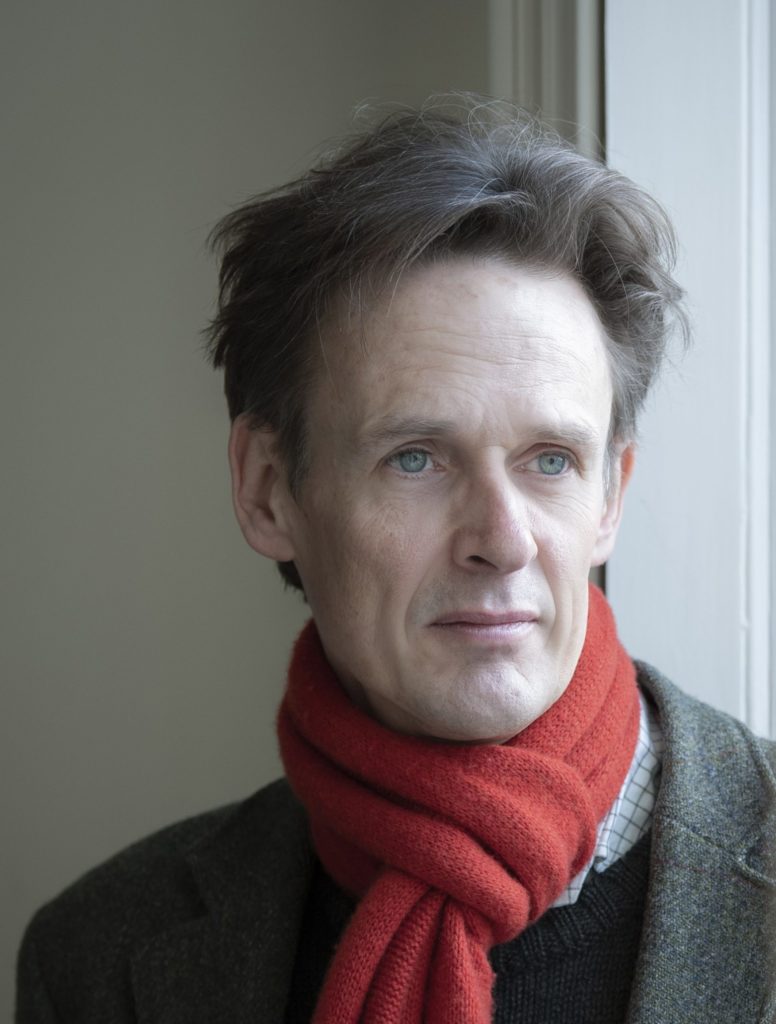
Leeds Lieder Festival 2022, Ian Bostridge & Imogen Cooper, Howard Assembly Room, Leeds, April 30
SONG recitals nowadays are generally considered to be duos, with voice and piano on an equal footing. Long gone are the times when the singer had star billing and Joe Bloggs, in much smaller letters, was “at the piano”.
For this Schubert recital, however, despite the confluence of two stars in the Schubertian firmament, who deservedly drew the biggest house of the festival so far, the occasion was really only about one person.
Ian Bostridge is an extremely talented tenor, not to say a highly intelligent one. But his stage persona is becoming ever more eccentric, to the point where he is becoming hard to watch. It is not just that he cannot stay still: he roams the bend in the piano, sometimes even leans into it with his back to the audience, then darts out to front-stage and back again, all the while contorting his slim figure into angular postures.
Furthermore, he is off on his own tangent, rarely engaging the audience directly. He often starts a phrase looking into the auditorium, but his chin soon descends into his chest and he stares at his feet. His expression is generally pained – no-one does angst better – but he finds it hard to lighten up. There was only one detectable smile in this whole recital.
All of this puts his pianist at a disadvantage. There is practically no eye contact possible between them: the pianist never knows where on the platform he may have got to.
These things are important because a lieder recital is so much more than mere vocal display. It is an unveiling, at the most intimate level, of the composer’s reaction to a piece of poetry and it requires the closest co-operation between singer and pianist, with the former’s every hand gesture or facial expression tailored to assist the message.
When there is as much physical activity as Bostridge generated here, it ceases to be meaningful and becomes merely a distraction, even an annoyance.
Imogen Cooper is one of our great Schubertians, but she was up against it from the start. She took the line of least resistance and played with never-failing style, but she rarely strayed beyond safe territory when it came to asserting herself. Too often she had to allow Bostridge to hold onto the spotlight, when he should have deferred to her and let her illuminate Schubert’s intentions.
The menu was alluring enough: the 14 songs of Schubert’s Schwanengesang (not a song-cycle but a posthumous title imposed by his publisher) separated by four more settings by Johann Seidl (whose Die Taubenpost ends Schwanengesang).
Without the visuals, there was actually some excellent singing. Bostridge minimises the vibrato in his voice, reserving it for special, often warmer, moments. That is fine, particularly when a fortepiano is in use (it wasn’t here). But it is counterbalanced by the extreme tension in his sound, doubtless brought on by his stressful stage persona.
The first seven songs of Schwanengesang are settings of Ludwig Rellstab. Their lyricism was amply conveyed by Cooper, beautifully liquid for the brooklet running through Liebesbotschaft (Love’s Message) and light as a feather in Frühlingssehnsucht (Spring Longing).
Bostridge, in contrast, was apt to home in on the moments of anguish, although his dead slow “goodnight” at the close of Kriegers Ahnung (Warrior’s Foreboding) was effective indeed.
Similarly, the piano delivered a melting postlude to Ständchen (Serenade) and was wonderfully staccato throughout the galloping in Abschied (Farewell), while our tenor was happier in the cutting pain of Aufenthalt (Resting Place) and the utter isolation of In Der Ferne (Far Away).
Where the Rellstab songs seemed cousins of Die Schöne Mullerin in their yearning for the distant beloved (with echoes of Beethoven), we were much closer to darker Winterreise territory for the reminder of the evening: the Seidl interlude and the Heine songs that make up most of the rest of Schwanengesang, all of them from the last three years of Schubert’s life. The sombre tone was struck at once in Seidl’s Sehnsucht (Longing). Bostridge’s restlessness was certainly in tune with much of the poetry, although more of his purely physical activity might have been channelled into the voice.
During the last two Heine songs, Bostridge really began to show respect for the texts and kept his body much stiller. Am Meer (By The Sea) was almost a daydream and the sheer horror of Der Doppelganger (The Ghostly Double) was notably eerie. Der Taubenpost (The Pigeon Post) came as welcome relief at the close, given by both performers with rhythmic zest.
Review by Martin Dreyer
